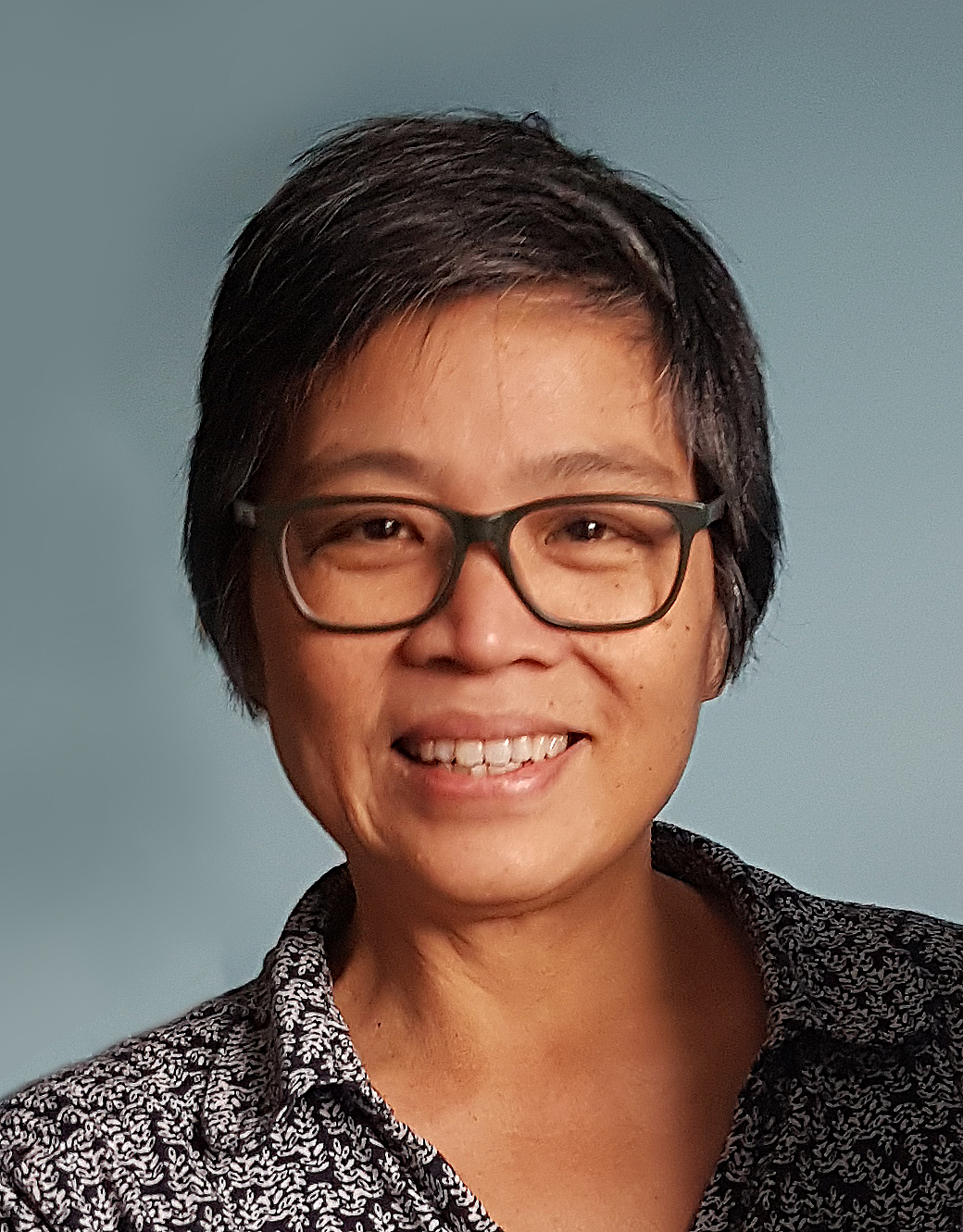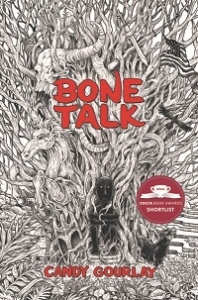
An Interview with Costa Shortlisted author Candy Gourlay
‘A powerful, complex and fascinating coming-of-age novel’ is how the judges of the 2018 Costa Children’s Book Award described Bone Talk by Candy Gourlay, one of four books shortlisted for this year’s award. Ferelith Hordon interviewed Candy about her book as part of our series of interviews with this year’s shortlisted authors.
When I first read Bone Talk by Candy Gourlay it was with real excitement. Here was a window onto a history that was very new to me but was accessible – and challenging. It was, therefore, with great pleasure I met Candy to talk about her background and the book
Growing up in Manila Candy was always a great reader, accessing books through the school library, books imported from the US and also England. Reading was for her a window – she never found the mirror in which to see herself. Indeed, she says: ‘I thought Filipinos weren’t allowed to be in books’. She has had conversations since with other authors of colour who have also expressed this perception. She accepted it – ‘it was just normal’. As a child she grew up with no sense of not belonging being surrounded by her own culture, nevertheless when she did begin to write she thought she had to write about white children; that this was what publishing required. ‘My first books all had white characters – I had to learn what being inclusive was really about’. As she says it is more than just having a presence: ‘you cannot have a black person divorced from culture’; the result her two novels, The Tall Story and Shine.
Now there is the third, Bone Talk, which unlike the previous two is not set in the contemporary world but takes a very specific time, 1899 and the arrival of the Americans. Did she feel this was at all risky as inevitably she would be subverting how history is usually presented to an audience here. ‘I thought about it all the time’, she says. Even though she had wanted to write this story since 2005, she was uncertain whether she could pull off the challenge of writing from a culture and a history that would be completely alien to the intended readership and did a great deal of research into the background. She did not want the story to be about racism but about what happened, though, of course, racism is very much embedded in the narrative. She wanted the central theme to address what it means to become a man. This, for Candy, is knowing who you are – and it is this that colonisation removes, destroying the memories of the community. In Bone Talk this theme has a very specific aspect as her protagonist Samkad faces the traditional rituals, but it is also one that is universal. What was important was that Samkad had to completely belong to his culture and she had to create a novel that the British reader could engage with without seeing it as ‘other’. In the end Samkad comes to understand that becoming a man does not depend on the rituals but on how he behaves in the face of challenges – though it is clear that the rituals and beliefs remain an important part of Samkad’s perception of himself. She tells me that the Bontoks were never colonised as the coastland and lowlands were, and so retained a strong sense of who they were.
 Though the narrative is framed by an event in the past, she does not see it as a historical novel. Far more important are the characters and in particular Samkad’s father. At the start, she tells me, he had been a very cardboard character. However, it became clear that his relationship with his son was crucial to the narrative; that he had to become a person. ‘I had to rejig the way the whole narrative was written’ she explains. The decision made by another character, Kinyo to adopt American ways she describes as a particular response to a situation, and one which allowed her to show the way Filipinos have been able to interact with a wider world through their ability to assimilate and to learn other languages. As for Luki – was she really Candy? Of course she is: ‘I always wanted to be the boy’ she declares and surely there would have always been girls for whom the confines of such a conservative society must have been difficult and who would have to learn to negotiate their way. Luki has a clear sense of who she is and her place within her community – but there is a hint that she wants more.
Though the narrative is framed by an event in the past, she does not see it as a historical novel. Far more important are the characters and in particular Samkad’s father. At the start, she tells me, he had been a very cardboard character. However, it became clear that his relationship with his son was crucial to the narrative; that he had to become a person. ‘I had to rejig the way the whole narrative was written’ she explains. The decision made by another character, Kinyo to adopt American ways she describes as a particular response to a situation, and one which allowed her to show the way Filipinos have been able to interact with a wider world through their ability to assimilate and to learn other languages. As for Luki – was she really Candy? Of course she is: ‘I always wanted to be the boy’ she declares and surely there would have always been girls for whom the confines of such a conservative society must have been difficult and who would have to learn to negotiate their way. Luki has a clear sense of who she is and her place within her community – but there is a hint that she wants more.
Bone Talk is very much a novel set in a real place in a real time in the past beautifully evoked by the stylish cover illustration from the Filipino artist, Kerby Rosanes. However, the style is contemporary. Was this a conscious choice? ‘Yes, it was. Language is a very difficult thing. If I had to use a word here or there, it might be wrong – I don’t speak the language. I am not from that tribe.’ Also by writing in contemporary English she felt she would remove barriers to engagement. Rather she decided to use names to create a sense culture. Indeed the title is a linguistic joke. Surely it refers to the Tree of Bones whose leaves whisper comments that punctuate the narrative. Not so – when the Americans arrived in the Bontoks, the way they pronounced the name came out as Bone Talk.
Congratulations to Candy Gourlay for bringing us this challenging, exciting story opening windows, providing mirrors for young readers everywhere.
Ferelith Hordon is editor of Books for Keeps.
Bone Talk is published by David Fickling Books, 978-1788450171, £10.99 hbk





